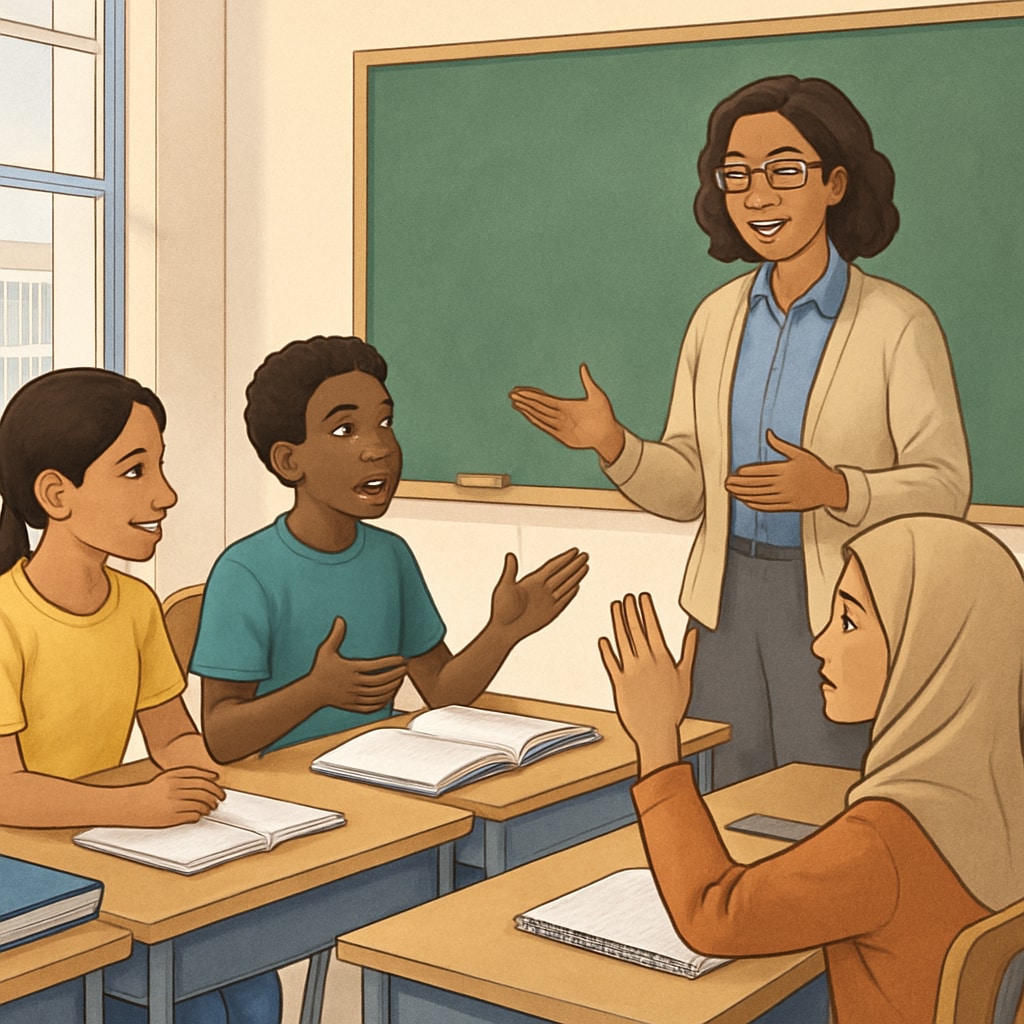Higher education is more than a pathway to professional success; it is a transformative journey that fosters critical thinking, personal growth, and self-awareness. By building on the foundational knowledge acquired during K-12 education, higher education equips students with the tools to analyze complex issues, understand diverse perspectives, and develop an inclusive mindset. This article delves into how higher education shapes individuals’ cognitive and moral capabilities, laying the groundwork for holistic character development.
The Role of K-12 Education in Preparing for Higher Learning
The K-12 education system serves as the cornerstone for higher education, providing students with the basic skills of reading, writing, and arithmetic while introducing them to problem-solving and teamwork. During these formative years, learners are exposed to structured environments that encourage curiosity and discipline. However, K-12 education often emphasizes rote memorization over critical thinking, leaving higher education to fill the gap by fostering analytical and reflective thinking abilities.

For example, research highlights that students entering college often lack the ability to evaluate arguments critically or synthesize information from multiple sources. Higher education addresses these gaps through rigorous coursework, open discussions, and exposure to diverse viewpoints, which encourage students to challenge assumptions and develop independent thought processes.
How Higher Education Shapes Critical Thinking
Critical thinking—the ability to analyze information objectively and form reasoned judgments—is one of the most significant outcomes of higher education. Universities and colleges create an environment where students engage with complex problems, question established norms, and explore innovative solutions. This process not only enhances intellectual capacity but also prepares individuals for real-world challenges.
For instance, philosophy and logic courses teach students how to construct sound arguments, while research projects in science and humanities encourage evidence-based reasoning. These experiences sharpen the cognitive skills necessary for both professional and personal success.

Moreover, higher education fosters critical thinking through collaborative learning. Students from diverse backgrounds bring unique perspectives to classroom discussions, challenging each other’s viewpoints and encouraging intellectual growth. As a result, learners develop the ability to approach problems from multiple angles, a skill highly valued in today’s globalized world.
Building Self-Awareness and Emotional Intelligence
Higher education is not just about intellectual growth; it also plays a key role in developing self-awareness and emotional intelligence. Through interactions with peers, mentors, and faculty, students gain insights into their strengths, weaknesses, and values. This self-discovery process is essential for personal growth and decision-making.
Furthermore, campus life activities such as clubs, volunteering, and internships provide opportunities for students to step out of their comfort zones. These experiences teach resilience, adaptability, and empathy—qualities that contribute to emotional intelligence and strong interpersonal relationships.
Fostering Inclusivity and Global Citizenship
One of the most profound impacts of higher education is its ability to cultivate inclusivity and a sense of global citizenship. By exposing students to diverse cultures, ideas, and histories, universities encourage an appreciation for diversity and the interconnectedness of humanity.
For example, study-abroad programs and multicultural events on campus allow students to experience different ways of life, breaking down stereotypes and fostering mutual respect. As a result, graduates are better equipped to navigate multicultural workplaces and contribute to building inclusive societies.
According to a Britannica article on higher education, institutions that emphasize diversity and inclusion help students develop the skills necessary for effective global engagement. By embracing these values, higher education creates socially responsible individuals who strive to make a positive impact on the world.
The Long-Term Benefits of Holistic Education
The benefits of higher education extend far beyond the classroom. Graduates often report higher levels of life satisfaction, better financial stability, and stronger social networks. These outcomes are not merely a result of academic achievements but reflect the comprehensive personal development facilitated by higher education.
In conclusion, higher education is a powerful force for shaping critical thinking, self-awareness, and inclusivity. By building on the foundation laid during K-12 education, it prepares individuals for both professional success and meaningful personal growth. As society continues to evolve, the role of higher education in fostering holistic character development remains indispensable.
Readability guidance: This article uses short paragraphs and lists to ensure clarity and engagement. Transitions such as “however,” “in addition,” and “for example” are used to maintain logical flow, while passive voice and overly long sentences are minimized.


